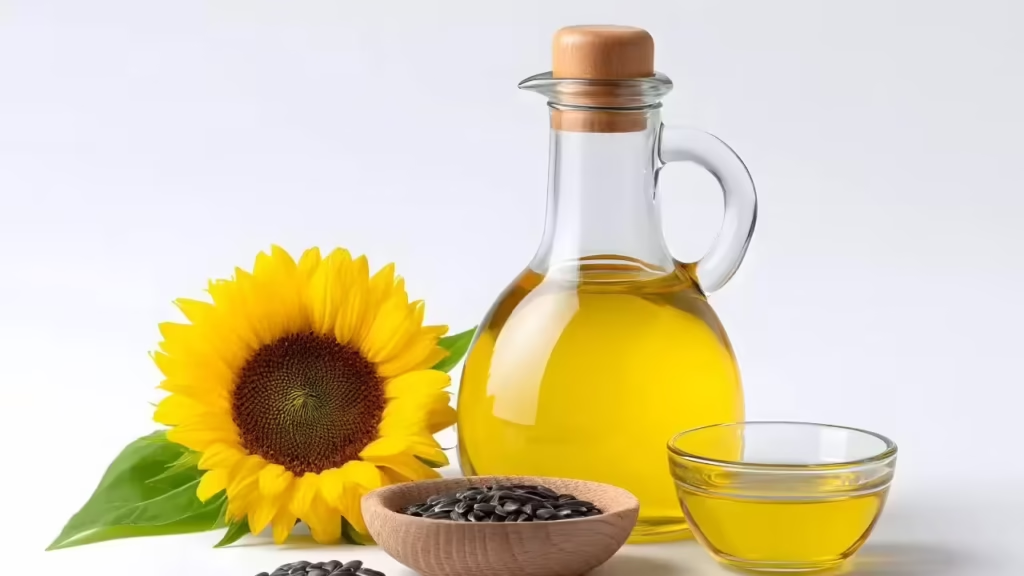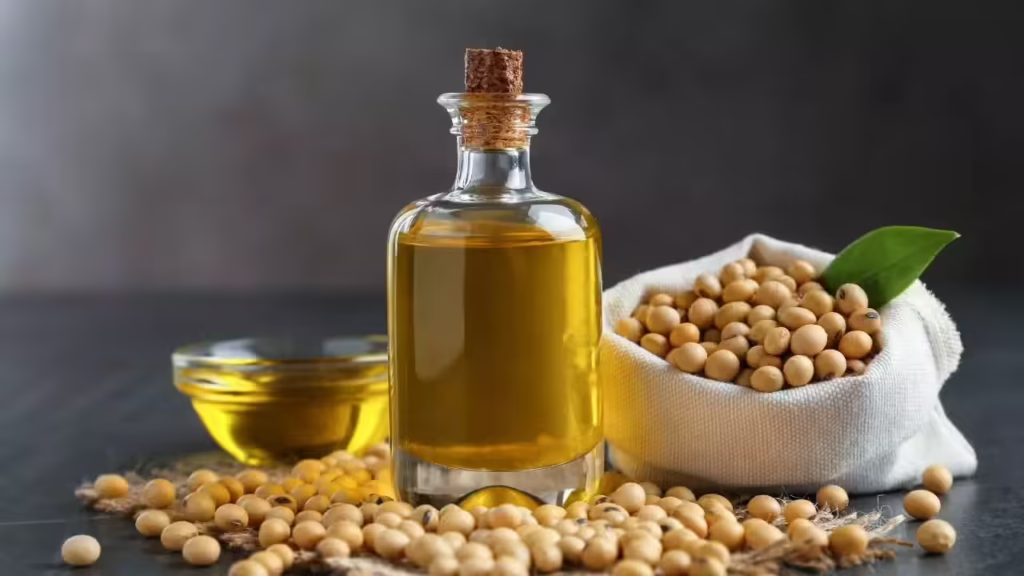Table of Contents
Introduction
In our quest for a healthier lifestyle, we often focus on what we eat, but how we cook it can be just as important. The cooking oil we use daily is a cornerstone of our diet, yet many popular and seemingly “healthy” options could be silently contributing to one of the biggest health risks: heart disease. A recent health report has shed light on several common cooking oils that, due to their chemical composition, can promote chronic inflammation and negatively impact cholesterol levels, potentially harming your long-term health.

Key Takeaways: What to Avoid in Your Kitchen
- The Main Culprit: Oils with a very high concentration of omega-6 fatty acids and a low amount of omega-3 fatty acids can disrupt the body’s natural balance, leading to inflammation.
- The Risk: Chronic inflammation is a key driver of heart disease, leading to high “bad” cholesterol (LDL) and the buildup of plaque in the arteries (atherosclerosis).
- Refined & Processed: Heavily refined oils can also contain trace amounts of unhealthy trans fats.
Sunflower Oil

Sunflower oil is a staple in many Indian kitchens, often promoted as a light and healthy option. However, most common varieties are extremely high in omega-6 fatty acids. This imbalance can lead to inflammation and has been linked to an increase in LDL (bad) cholesterol levels.
Soybean Oil

Another widely used oil, soybean oil is also packed with omega-6 fatty acids. Studies suggest that excessive consumption may not only promote inflammation but also contribute to the stiffening of arteries, a precursor to many cardiovascular problems.
Corn Oil

Often found in processed foods and used for deep frying, corn oil has a very high proportion of omega-6 fatty acids. Overconsumption can negatively affect your lipid profile, primarily by lowering HDL (good) cholesterol and raising triglycerides in the blood.
Cottonseed Oil

This is one of the more problematic unhealthy cooking oils. Besides being very high in omega-6, cottonseed oil can sometimes contain pesticide residues from the cotton crop, which is not typically grown as a food product. Regular intake can lead to chronic inflammation and oxidative stress on the body.
Peanut Oil

Peanut oil has a better profile than some others on this list due to some monounsaturated fats. However, it still contains a significant amount of omega-6. If it’s your primary cooking oil and your diet lacks omega-3 sources (like fish, flaxseeds, walnuts), it can still contribute to an inflammatory state in the body.
Palm Oil

Palm oil is controversial for both environmental and health reasons. From a health perspective, it contains a potent combination of high saturated fats and omega-6 fatty acids. This duo can be particularly effective at raising LDL (bad) cholesterol levels, which directly contributes to the buildup of plaque in the arteries.
Canola Oil

While often marketed as a heart-healthy oil, the canola oil found on most supermarket shelves is heavily refined, a process that can create trace amounts of dangerous trans fats. Its omega-6 content can also promote inflammation. Choosing cold-pressed, organic canola oil is a better, though more expensive, option.
So, What Should You Use Instead?
While this article focuses on oils to limit, experts generally recommend oils with a better balance of fats, such as:
- Mustard Oil (Sarson ka Tel): A traditional Indian favorite, it has a good balance of omega-3 and omega-6.
- Ghee (Clarified Butter): When used in moderation, it is a stable fat for high-heat cooking.
- Coconut Oil: Good for cooking due to its high saturated fat content, which makes it stable at high temperatures.
- Olive Oil (Extra Virgin): Best for drizzling on salads and light sautéing, not for deep frying.
Conclusion
Choosing the right cooking oil is a critical step in protecting your heart health. The key is to be aware of the high omega-6 content in many popular refined vegetable oils and to use them in moderation. By making informed choices and opting for more traditional, less processed fats, you can take a significant step towards a healthier heart and a healthier life.
For any questions or feedback, feel free to reach out via our Contact Page.
Sources:
- American Heart Association (AHA): For guidelines on dietary fats and cholesterol.
- National Center for Biotechnology Information (NCBI): For research papers on omega-3 and omega-6 fatty acids.
Are all vegetable oils unhealthy?
No, not all. The main concern is with oils that have a very high ratio of omega-6 to omega-3 fatty acids and those that are heavily refined. Oils like extra virgin olive oil are considered very healthy.
What is the main problem with omega-6 fatty acids?
The body needs omega-6, but the modern diet provides too much of it and not enough omega-3. This imbalance creates chronic inflammation, which is a root cause of many diseases, including heart disease.